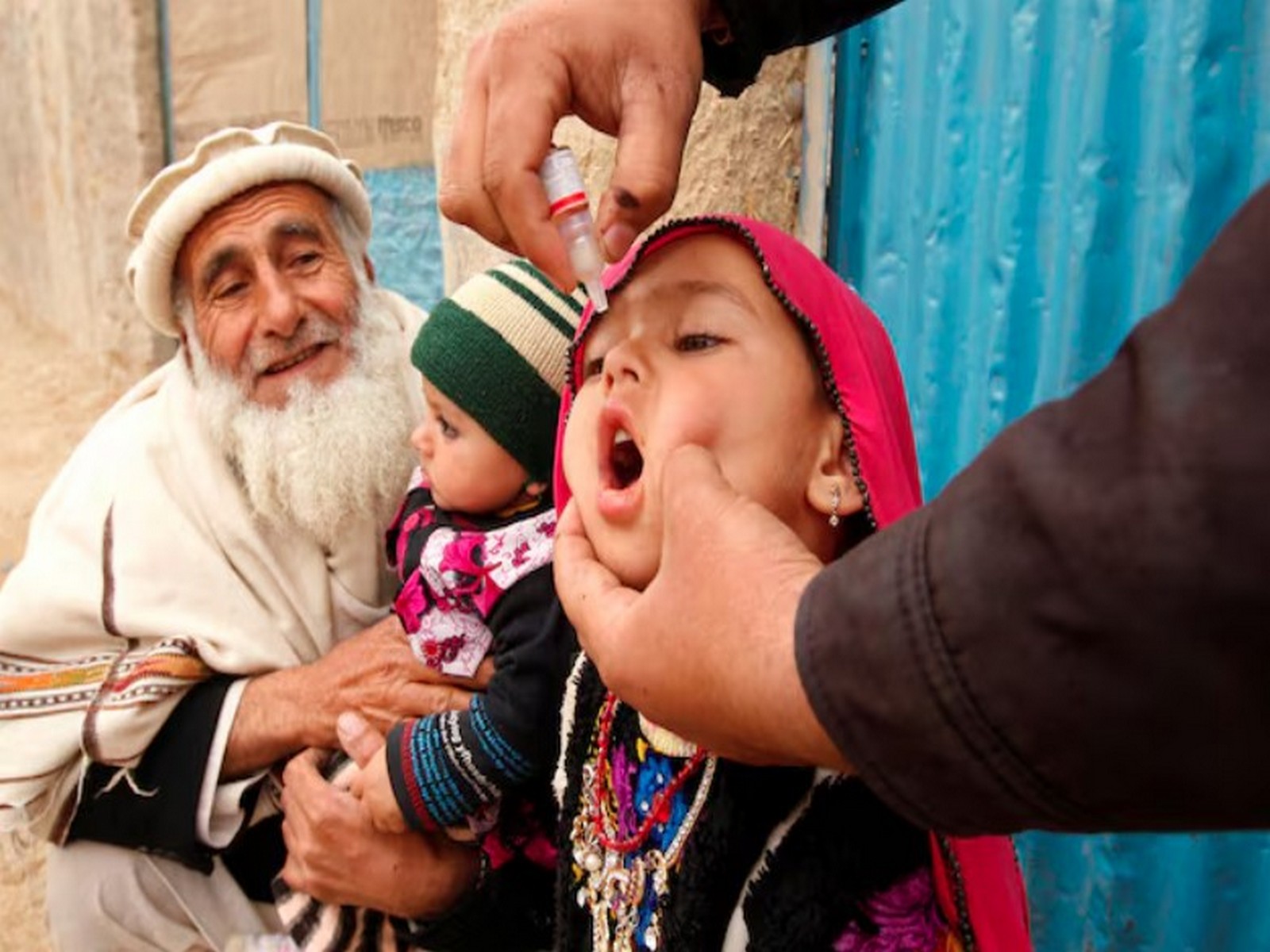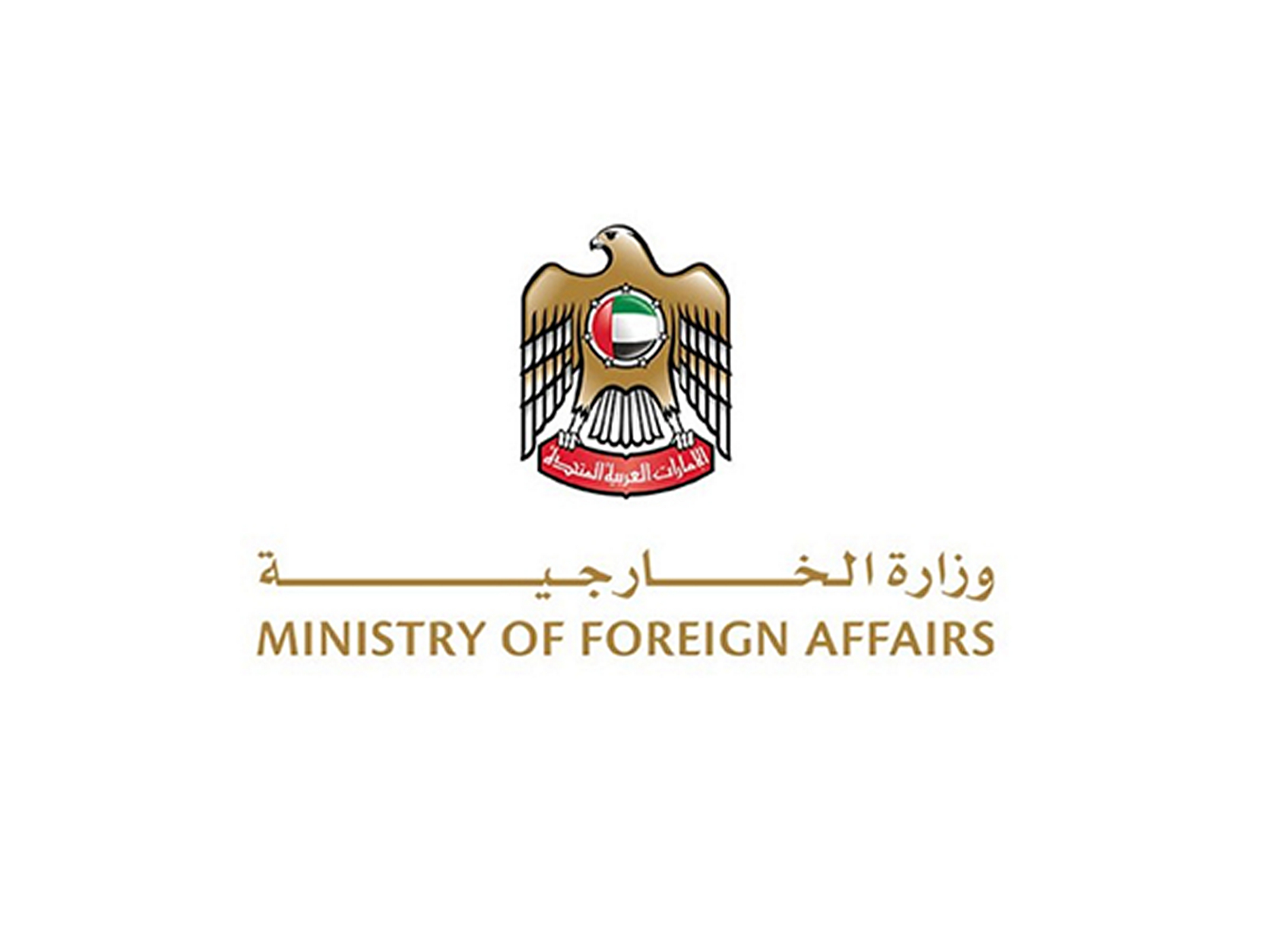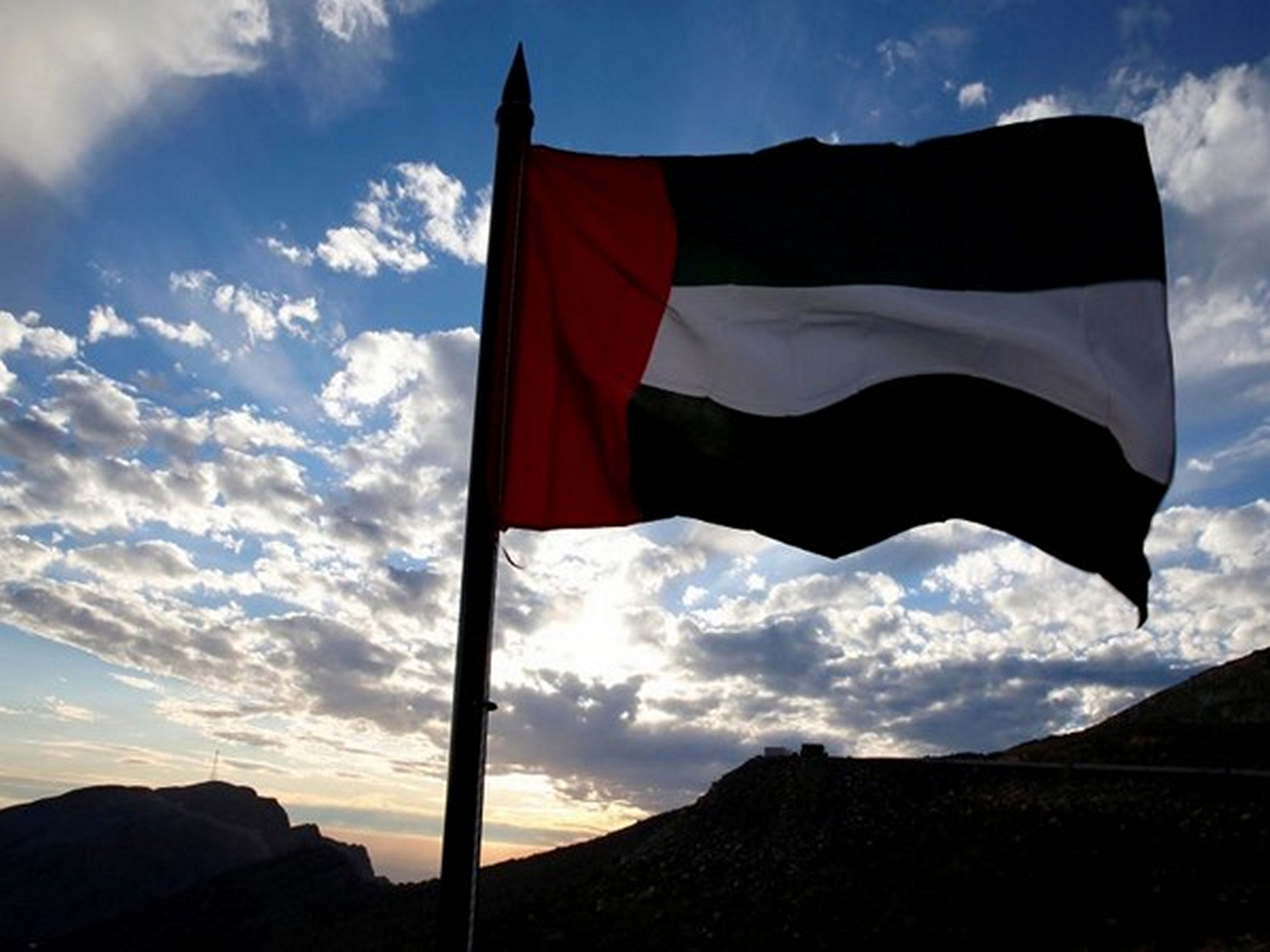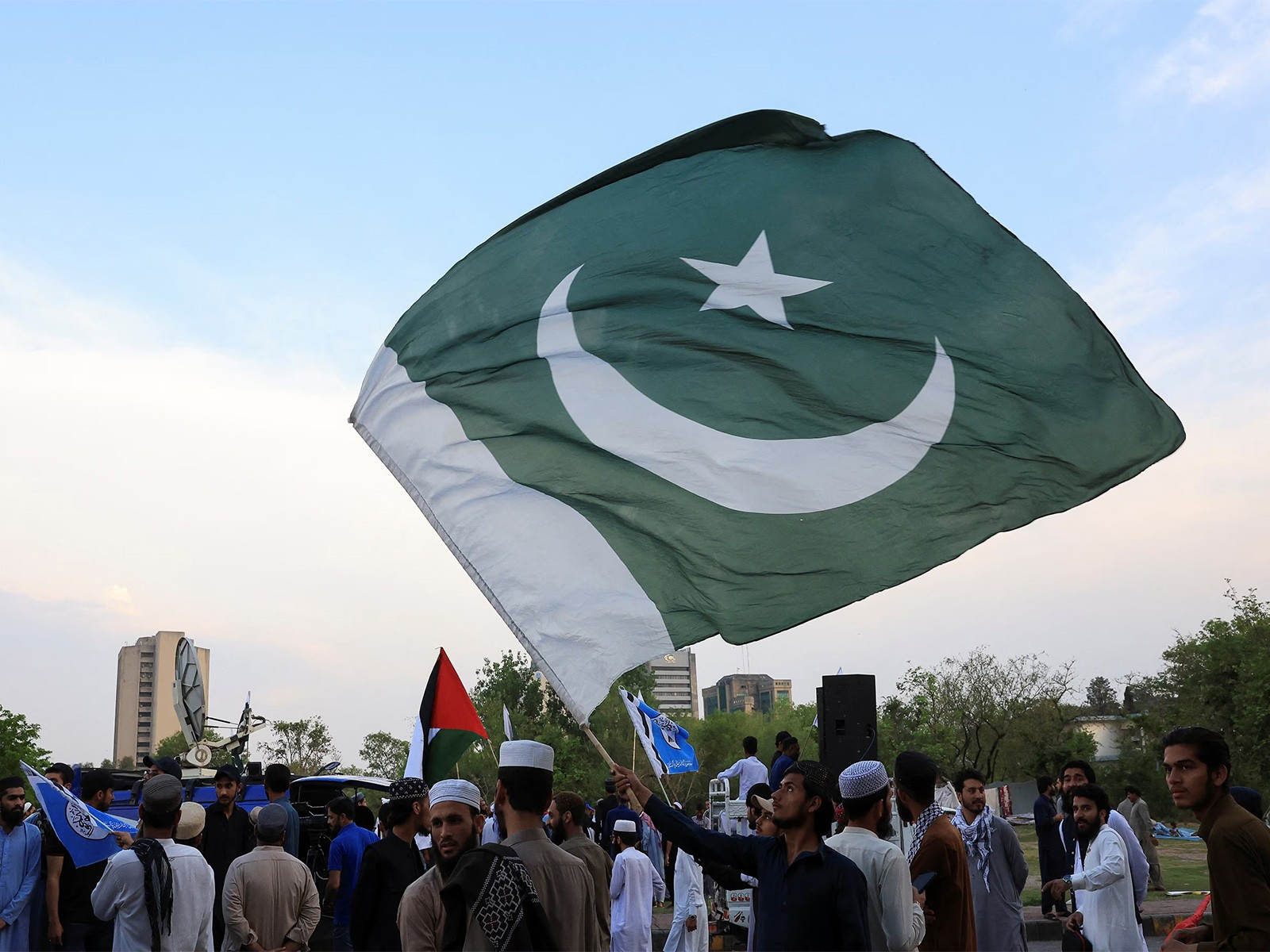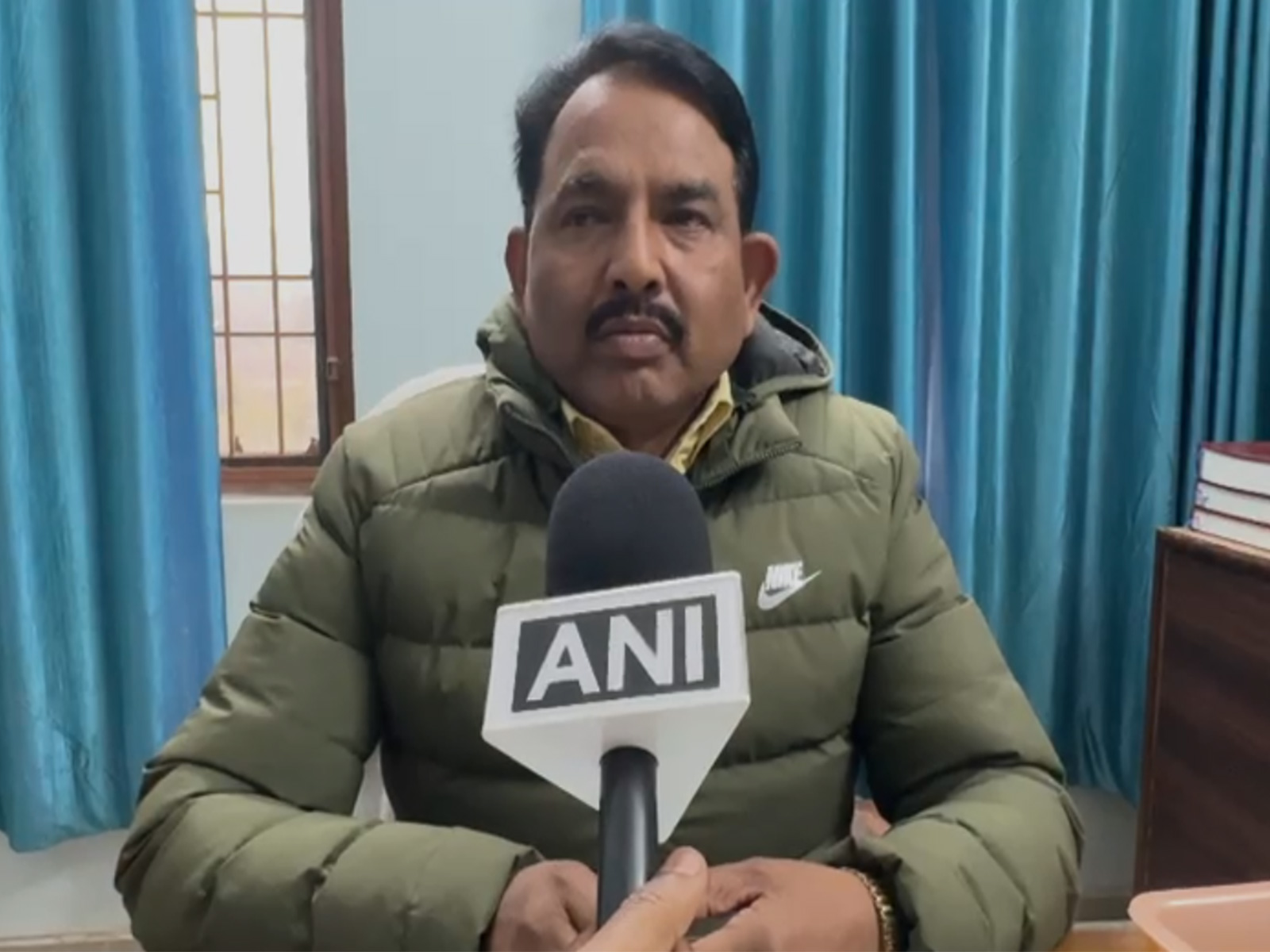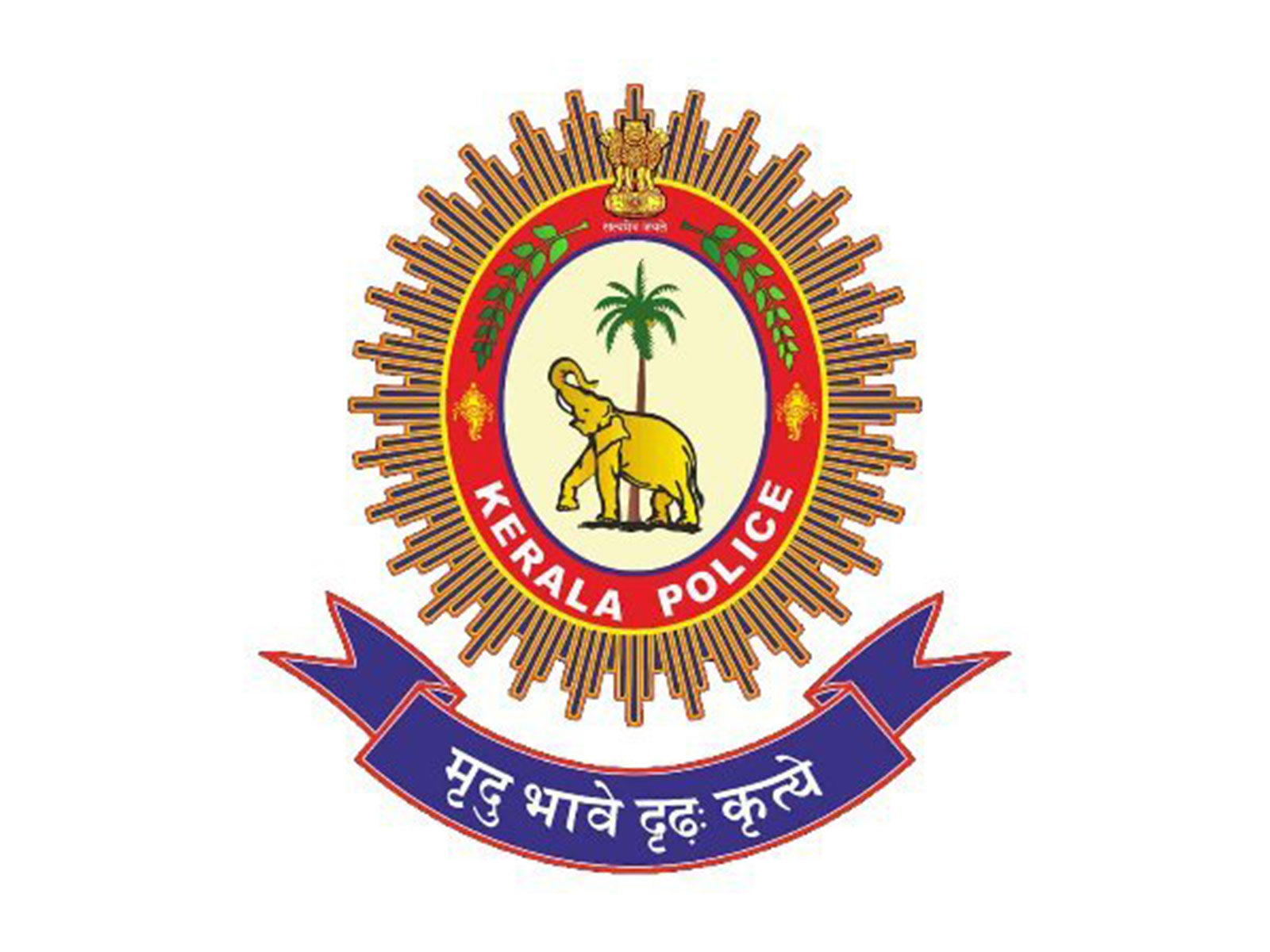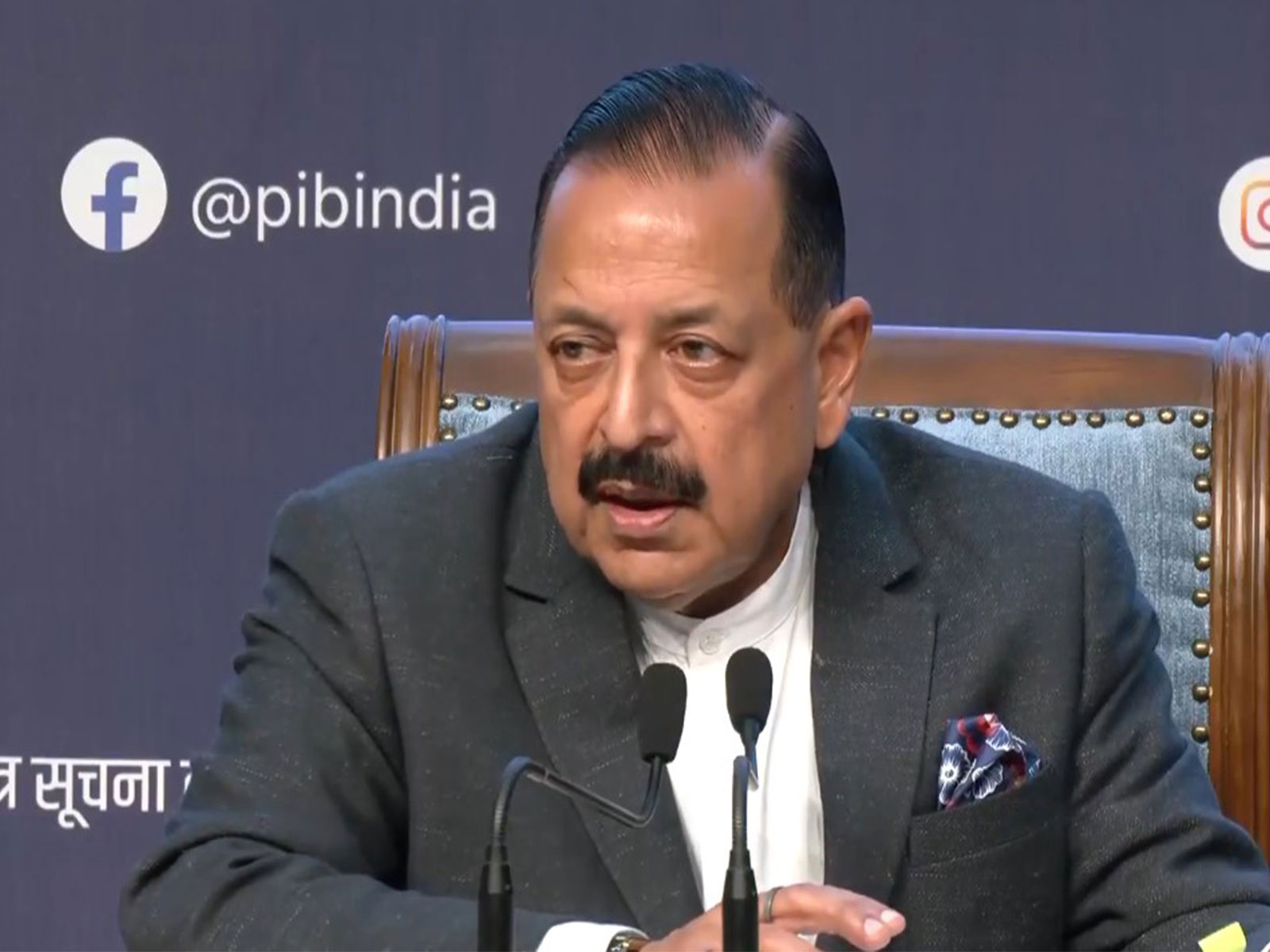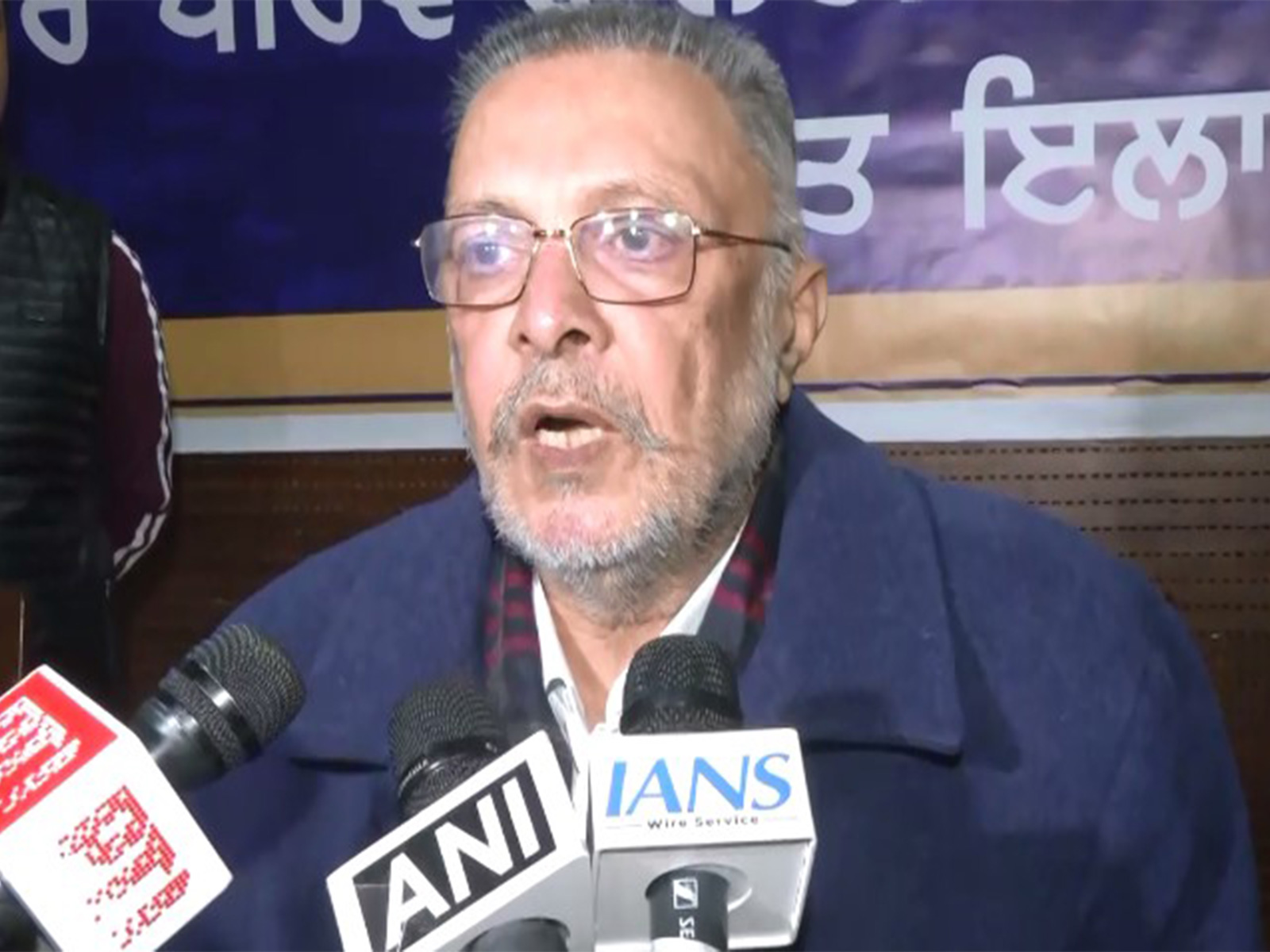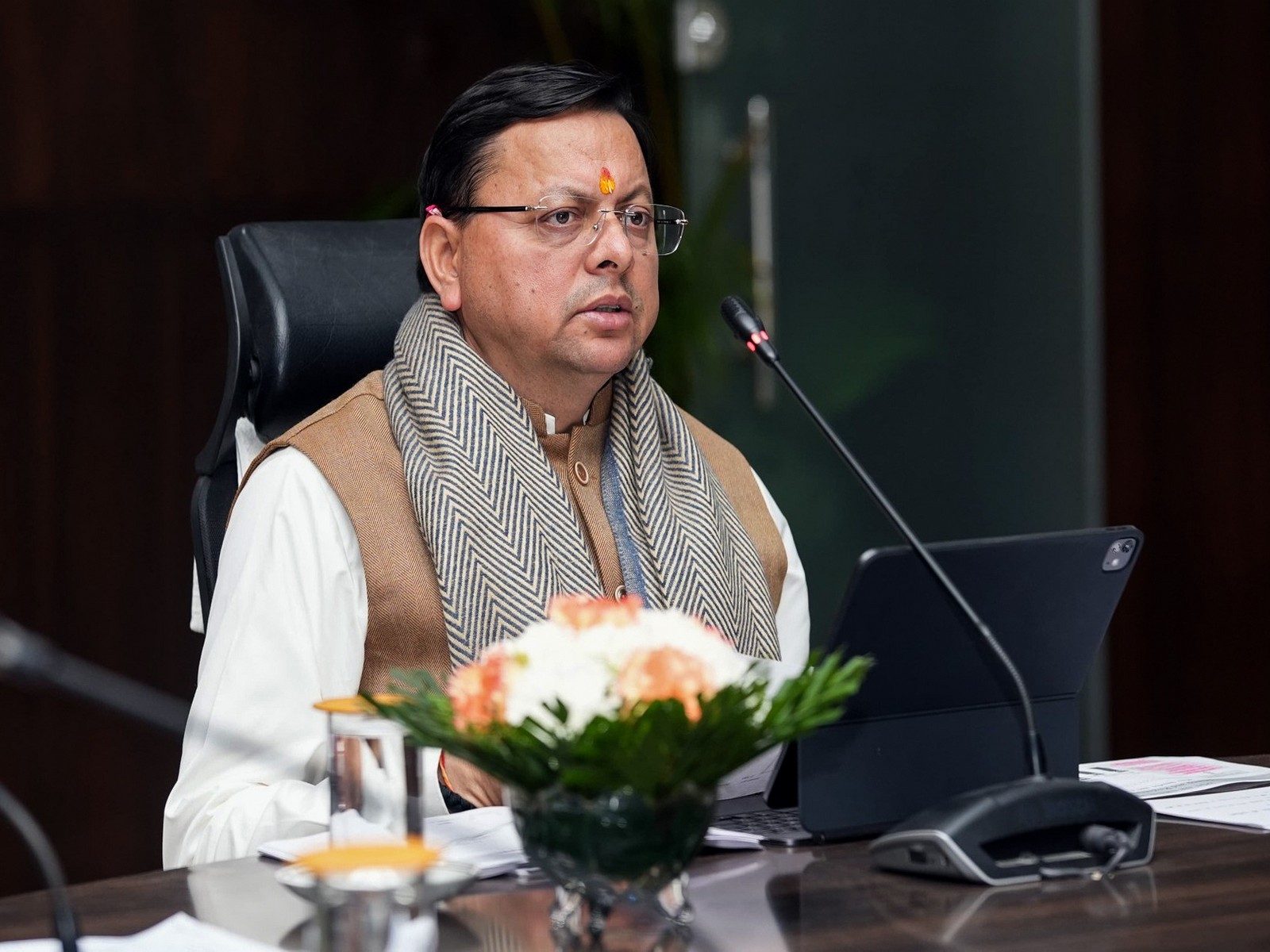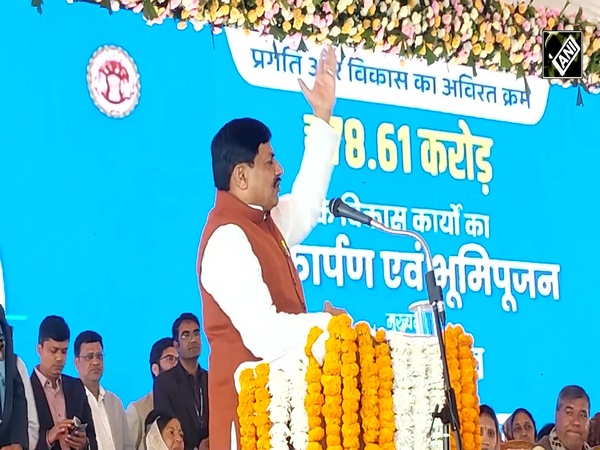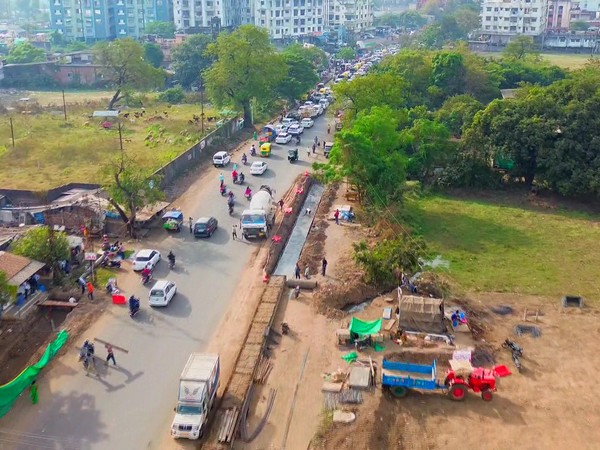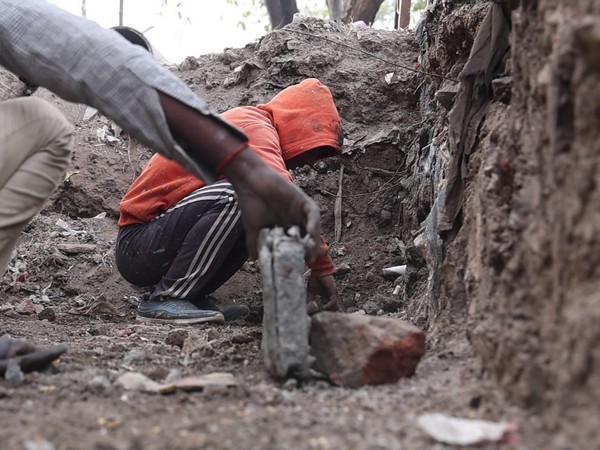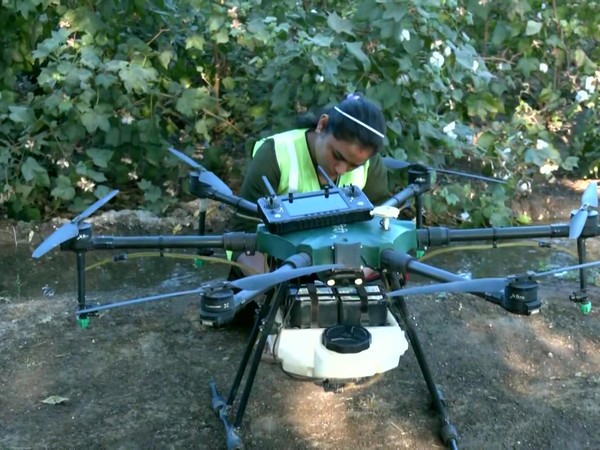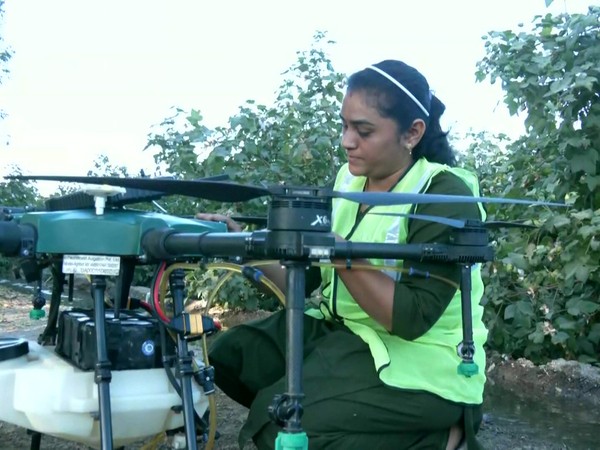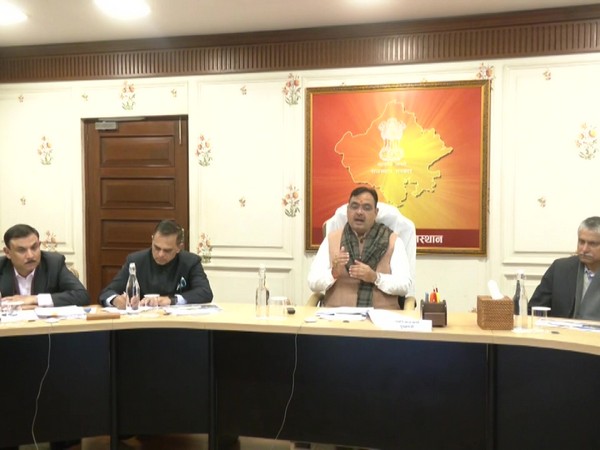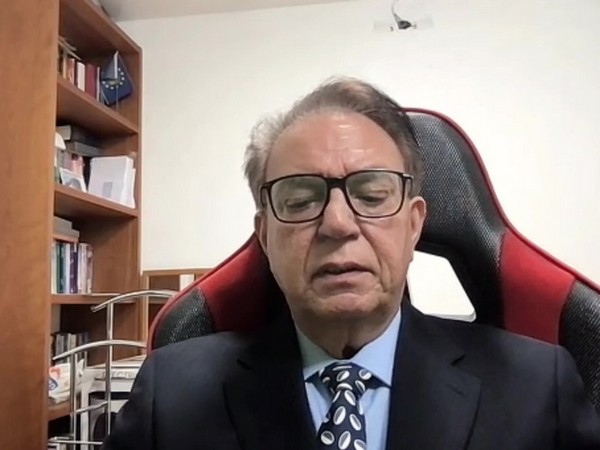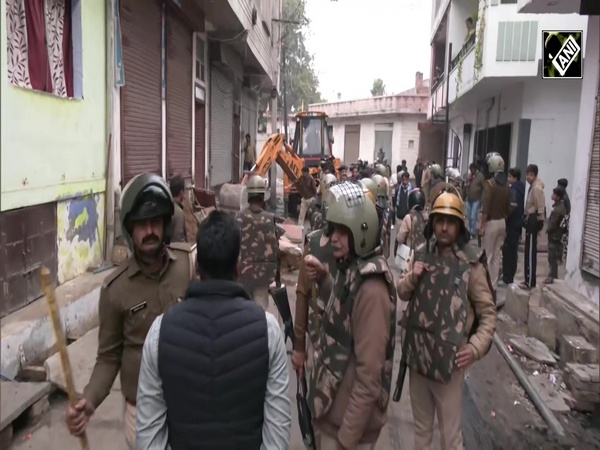Somalia leaders sign agreement to hold parliamentary elections within 60 days
May 27, 2021

Mogadishu [Somalia], May 27 : Somalia's federal government and leaders of most of its entities announced an agreement on Thursday to hold the long-delayed national elections, heading off a crisis that had threatened widespread political violence.
The agreement laid out a path to parliamentary elections to begin within 60 days, with the selection of the president to follow. The polls were planned initially for early February, but disagreements about particulars first delayed the process and then led President Mohamed Abdullahi to postpone them for two years, allowing him to stay in office during the interim period, reported Washington Post.
Abdullahi, also known as Farmajo, reversed the decision earlier this month after facing a potential uprising led by his political opponents and mounting pressure from Western countries. He returned to talks that yielded Thursday's announcement.
Elections in Somalia are considered key to cementing the stability of a government in Mogadishu that has only recently taken root after more than three decades of civil warfare waged by Islamists and rival clans.
The agreement was brokered by Abdullahi's deputy, Prime Minister Mohamed Hussein Roble, after US Secretary of State Antony Blinken had publicly threatened to sanction the Somalian President and other federal officials if election negotiations failed.
"We support the outcome. This will provide a better chance of a fairer election," said Abdirahman Abdishakur, an opposition candidate who has been highly critical of Abdullahi.
According to the Washington Post, Somalia's recent political instability has revived fears that its weak army, little improved by years of foreign training, is ripe for exploitation by different political interests.
Units of Somalia's national army had appeared to divide along clan and political lines, even firing upon each other, when it seemed that Abdullahi was trying to stay in power indefinitely.
Although the agreement has reduced the chance of outright political violence in the country, analysts said it changed few of the underlying factors of the recent instability.
"The divisions in the security forces are irreparably damaged. We now know they are more loyal to their leaders than to the country. We will see if Roble can juggle this madness until we hold elections," said Mohamed Mubarak, a political analyst.
Lacklustre progress on anti-corruption measures as well as what critics perceived as a power grab around election planning had dimmed high hopes of breaking corruption and dysfunction in Somalia that emerged when Abdullahi was elected in power in 2017, Washington Post reported.
Much of the country remains in a dire humanitarian crisis aggravated by a locust infestation, flooding and the continued dominance of Al-Qaeda-affiliated al-Shabab across important agricultural areas in the rural south.
